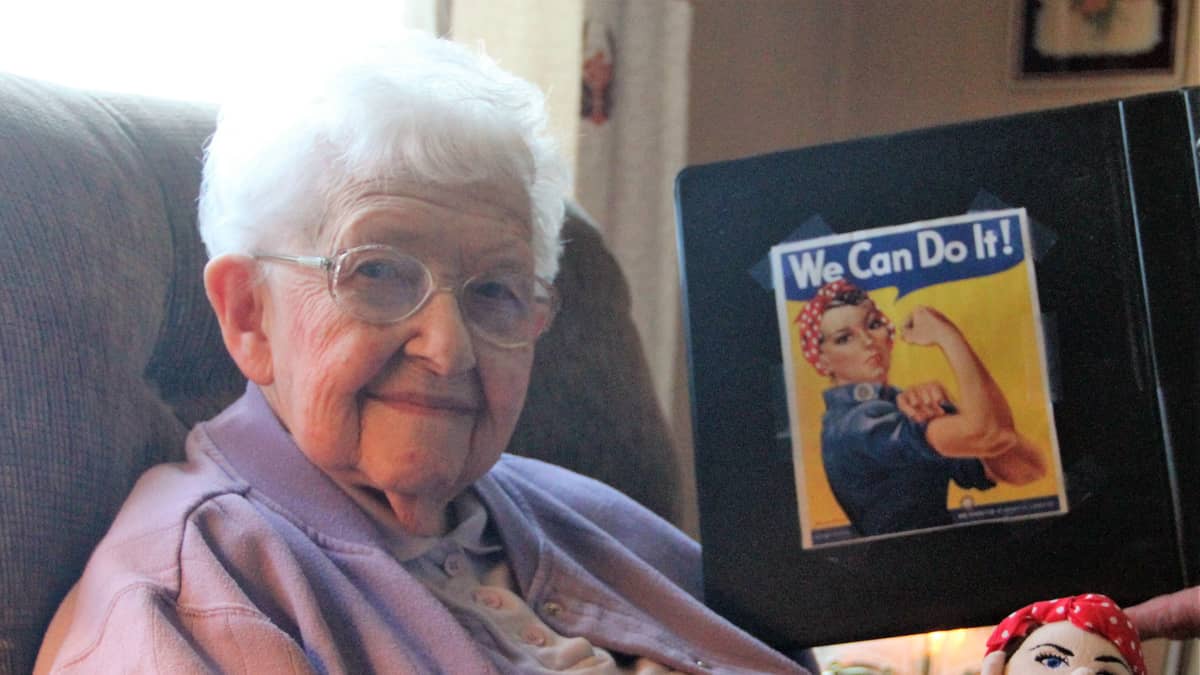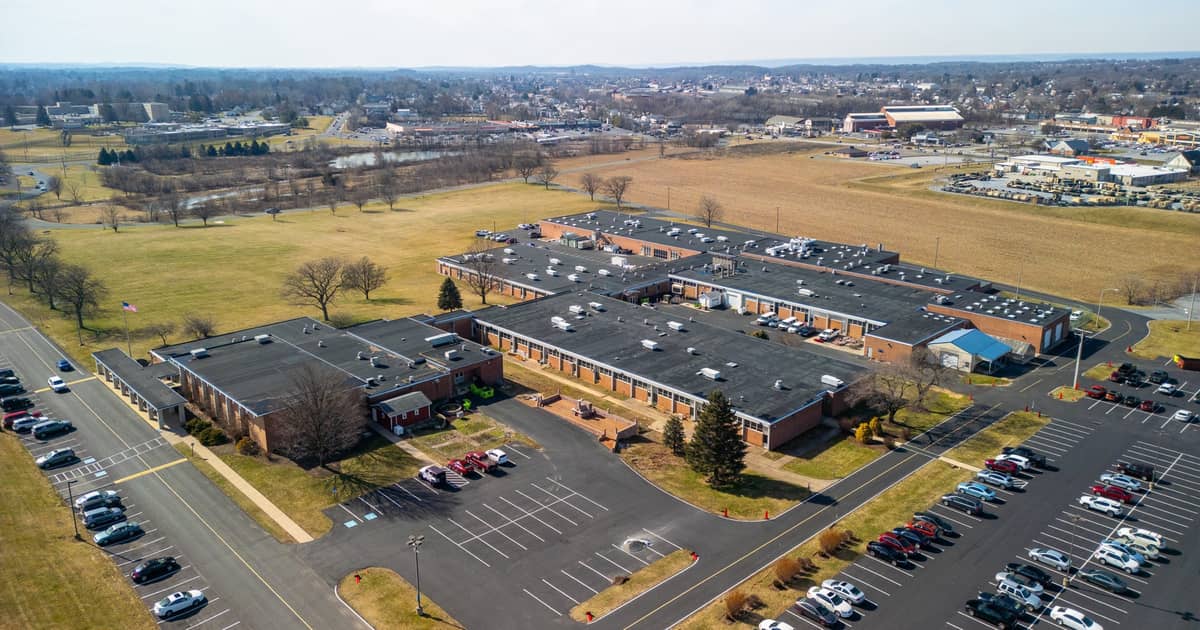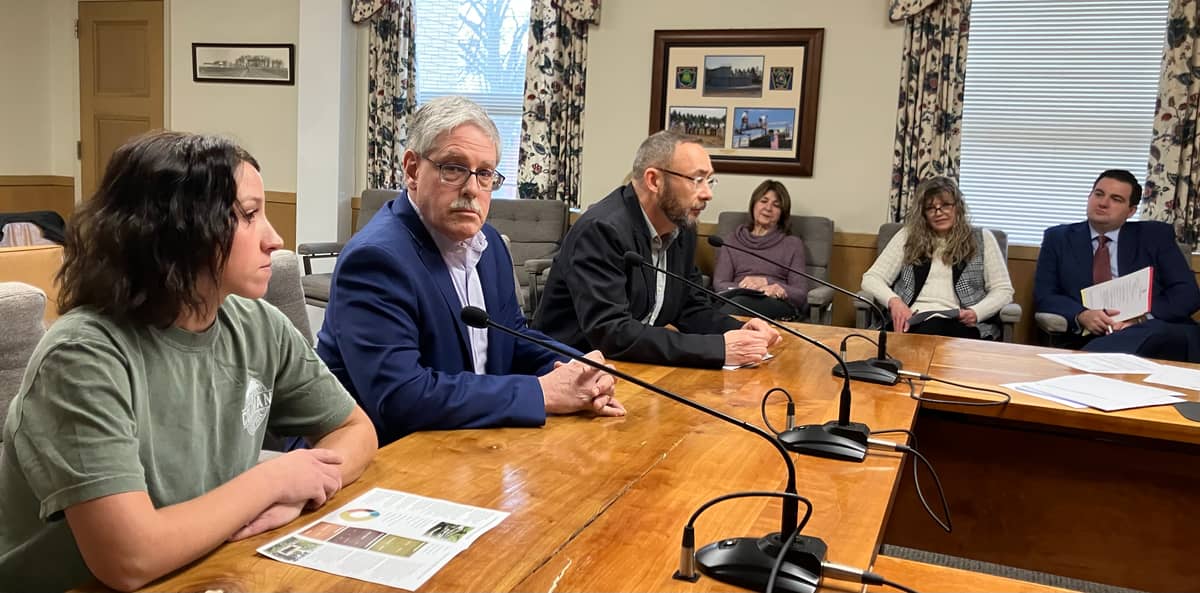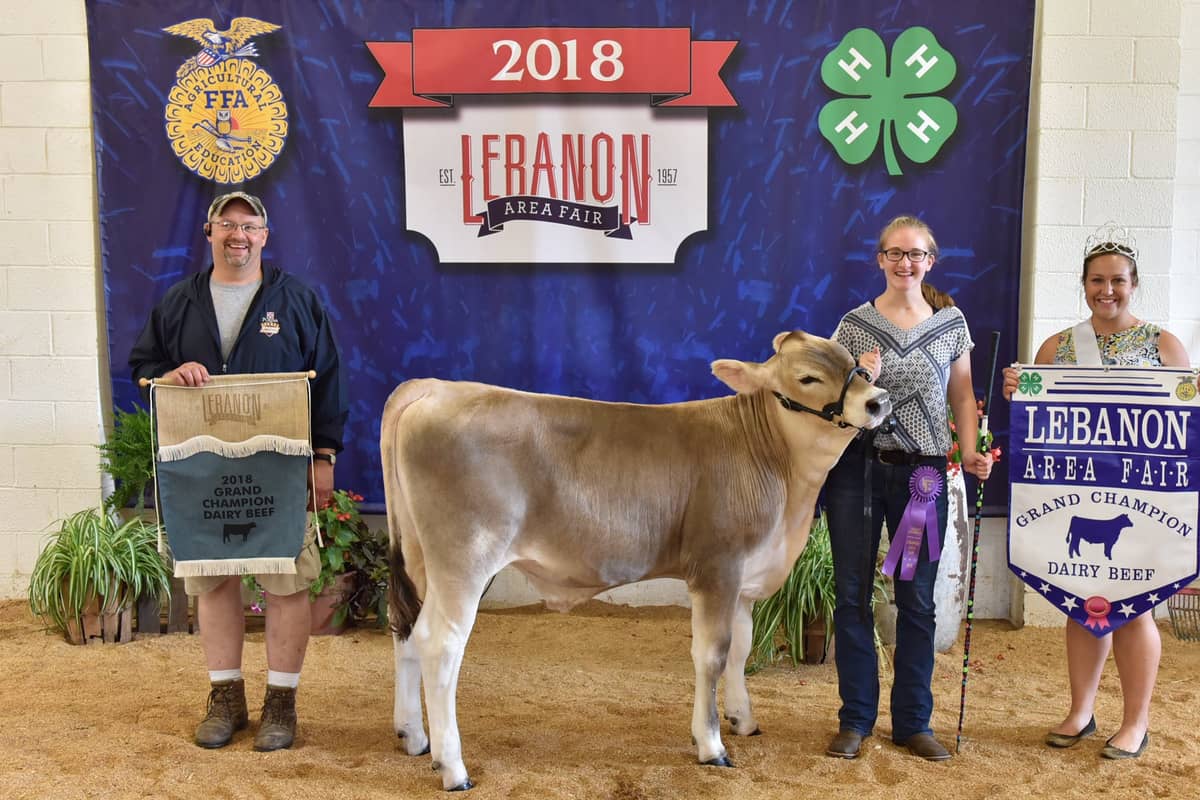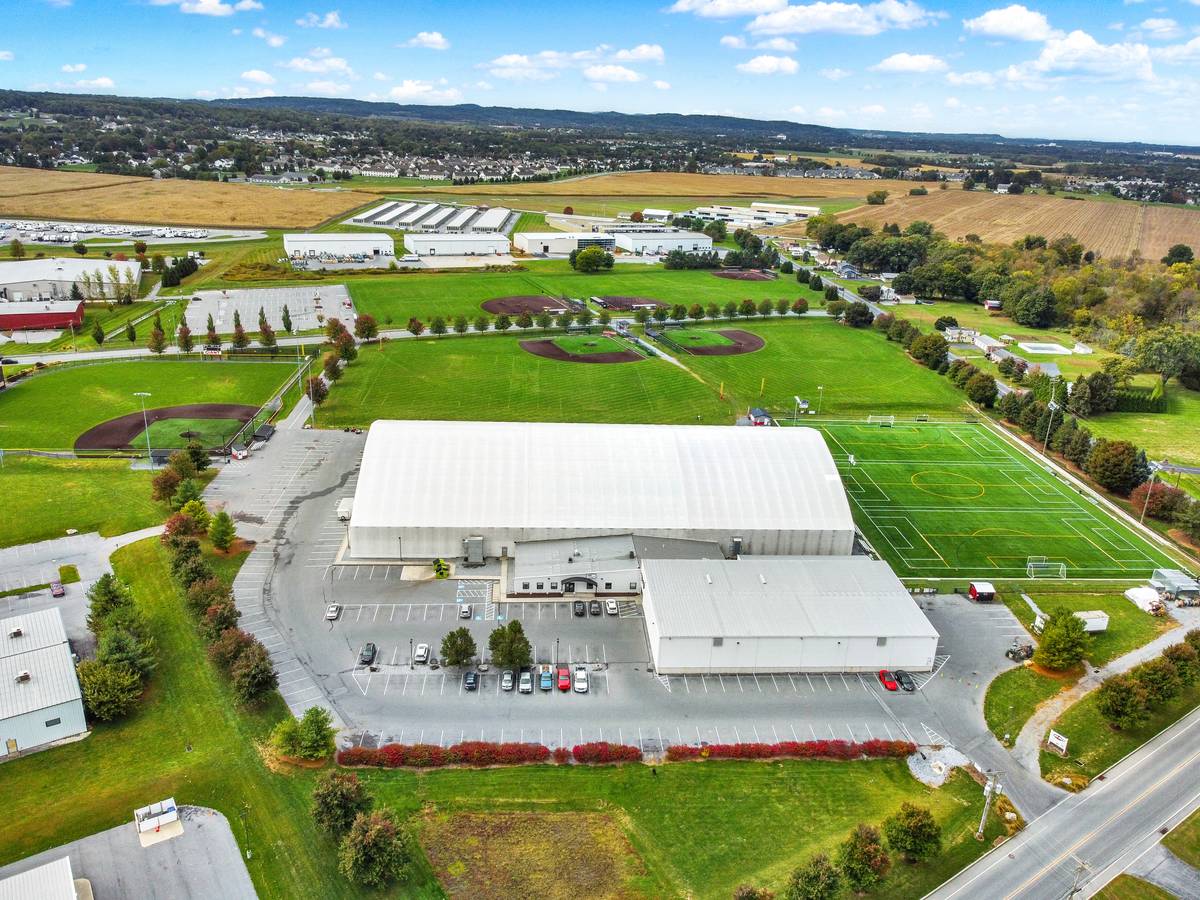She didn’t give her all. But Lorraine Koons was one of the all who gave some.
It was that type of unity, nationalism and ‘pull together’ spirit that helped the United States and its allies emerge victorious in World War II.
For women, during a time when their societal contributions were seen as less important than men’s, that wartime spirit came to be embodied by the fictitious character known as ‘Rosie The Riveter.’ It’s a character Koons can closely relate to, because she personally fought the good fight behind the battle lines — on the home front.
During America’s involvement in World War II in the early 1940s, Koons, now 99, helped repair United States aircraft involved in fighting abroad. While she certainly wasn’t Lebanon County’s only one, Koons may indeed be the locale’s last remaining ‘Rosie The Riveter.’

“I did it to help the war effort,” said Koons. “I wanted to do something. I thought about joining the service, but I was taking care of my grandmother at the time. When I heard about Middletown hiring women, I knew I had to go there and help, and do something.
“I did my part for my country,” added Koons. “They were the proudest years of my life. I felt like they were the best years of my life.”
From 1942 until the end of World War II in 1945, Koons worked at Middletown Air Depot, mainly in the fuselage department, mostly repairing B-17 bombers and C-47 cargo planes.
Toiling in a crew that also included four men, Koons worked eight-hour shifts six days a week.

At that time, Koons was single, and it wouldn’t be until a few years later in 1948 that she would marry her husband, Herbert.
“We replaced gas tanks, repaired oxygen systems, oil systems, and any holes from bullets,” said Koons, both a native and resident of Cleona. “We repaired all that stuff. I don’t think it was hard, and the men I worked with always treated me with respect and as an equal. But nothing we had to do compared to the sacrifices our boys were making.
“It made the war very real to all of us, and we often wondered about the crews and whether they survived the battles they were in,” continued Koons. “After we were finished, the plane was ready to go back into action. When I was 21, I walked around on the wings of an airplane, and now I can hardly walk.”
After graduating from Lebanon High School in 1940, Koons went to work at the Cleona Paper Box factory. When she learned of the opportunity to serve her country, Koons went to Middletown, took a four-hour test and then the next day reported to the Farm Show building in Harrisburg, where she took a course on how to repair aircraft.

“They said it was the war that changed the world,” said Koons. “I thought it was important to win the war. When Japan attacked Pearl Harbor, that was it. One Sunday afternoon, I was listening to the radio and President (Franklin) Roosevelt broke in. I heard President Roosevelt’s speech on the radio.
“I am patriotic,” Koons added. “I have voted in every election since I was eligible. I haven’t missed an election.”
From Cleona to Middletown, a bus dubbed ‘Victory Line’ transported Koons and other ‘Rosie The Riveters’ to their essential wartime work. Koons worked at Middletown Air Depot for a total of three years and three months.
“No, I really don’t know any other women from Lebanon County who worked there, but there were a lot of women on the bus,” said Koons. “I think I was the only one from Cleona who got on the bus, but there were other women from Lebanon and Annville. A lot of men worked there too. They were either too old for active service or 4-F (unfit for military service).”
Initially used to recruit women to aid in the World War II effort, ‘Rosie The Riveter’ ultimately came to embody the fighting spirit of women, their economic power in a capitalist society, and feminism in general. In the early 1940s, some 19 million women were already members of the American work force, and only about three million new women entered the work force during World War II.

“Yeah, I think she represented what I did,” said Koons of ‘Rosie The Riveter.’ “All the women who worked in the war industry during World War II were called ‘Rosie The Riveters.’ ‘Rosie The Riveter’ said ‘We can do it.’
“At that time, we knew we were in a war,” added Koons. “I don’t think other wars affected us as much. During World War II, we had air raid drills, black-outs and rationing.”
On December 10, 1945 — not unexpectedly — Koons lost her temporary job at Middletown Air Depot. After receiving nine pay raises and four promotions, her final title was ‘Junior Airframe Repairer.’
Koons then went on to work at in the treasury department at the state capital in Harrisburg, and later was employed at White’s Food Market in Cleona for 27 years. Neither position generated quite the pride Koons felt while toiling in her position as ‘Rosie The Riveter.’
“When I took the position, it was on the condition that it would end when the war did,” said Koons. “I knew when the war was over, my job would be over. I survived the first lay-off, but when the second one came, I got it. The boys were coming home and I knew they needed their jobs back.”
That was nearly 80 years ago. Koons remembers the time fondly, like it was yesterday.
“I think the most important thing was that I was able to do my part,” concluded Koons. “I felt like I was part of helping win the war. I did the work. When I look back at my life, I think those years I remember the best because my work was helping the world be the best it could be.”
It was work that made ‘Rosie The Riveter’ proud.
Questions about this story? Suggestions for a future LebTown article? Reach our newsroom using this contact form and we’ll do our best to get back to you.

Become a LebTown member.
Cancel anytime.
Monthly Subscription
🌟 Annual Subscription
- Still no paywall!
- Fewer ads
- Exclusive events and emails
- All monthly benefits
- Most popular option
- Make a bigger impact
Already a member? Log in here to hide these messages
Free local news isn’t cheap. If you value the coverage LebTown provides, help us make it sustainable. You can unlock more reporting for the community by joining as a monthly or annual member, or supporting our work with a one-time contribution. Cancel anytime.

